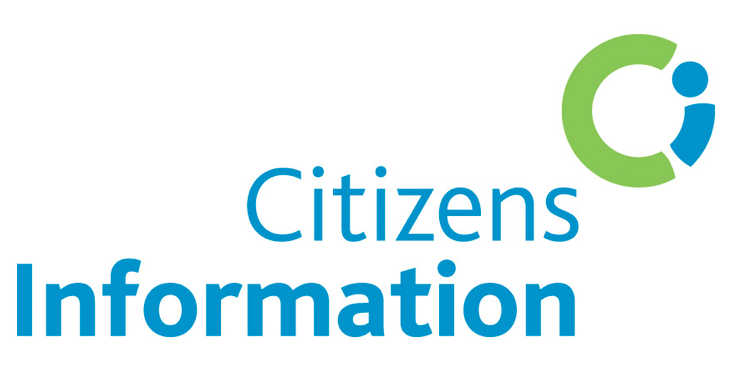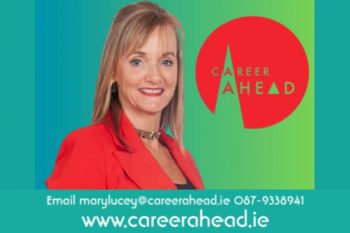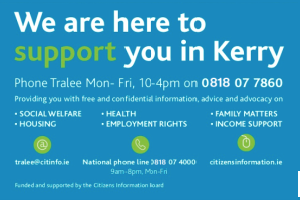 Know Your Rights has been compiled by Citizens Information Kerry which provides a free and confidential service to the public…
Know Your Rights has been compiled by Citizens Information Kerry which provides a free and confidential service to the public…
Q. What social welfare supports are there for people who have to take time off work due to illness?
There are a number of illness related SW payments. If you have an accident at work or an accident while travelling directly to or from work (on an unbroken journey) you would be eligible to apply for Injury Benefit if you are off for at least 6 days (not including Sunday or Public Holiday)
If you are working as an employee and have enough PRSI paid, you will generally go on to Illness Benefit first.
Continued below…
This payment is not available to self-employed people. It is paid for a maximum of two years.
Illness Benefit is not linked to your employer’s policy on pay for sick leave. Whether your employer pays you or not while you are out sick from work, you should claim Illness Benefit from the first day of your illness
Q. Does an employer have to pay sick pay if an employee is out sick?
In general, you have no legal right to be paid while you are on sick leave from work. Currently it is at the discretion of the employer whether or not sick pay is paid. Employees should check what it says in their contract of employment.
This is due to change in 2022 and legislation will have to be enacted to bring in a legal entitlement to some paid sick leave.
Q. What changes are proposed in 2022?
Firstly, it is important to state that this is a draft scheme. Changes may take place before it is enacted. At present it is planned that the draft scheme will introduce:
• Paid sick leave for up to 3 sick days in 2022. This is planned to increase to 5 days in 2023, 7 days in 2024 and 10 days in 2025.
• A rate of payment for statutory sick leave of 70% of normal wages to be paid by employers (up to a maximum €110 per day).
• To be entitled to paid sick leave under the new scheme, you must be working for your employer for at least 6 months. You will also need to be certified by a GP as unfit to work.
Q. Can you get Illness Benefit and sick pay at the same time?
You can apply for Illness Benefit while you are also getting sick pay. But if your employer already provides sick pay, they will probably ask you to sign over any Illness Benefit payment to them for as long as the sick pay continues.
Q. What happens if someone is still unable to go back to work after 2 years or has a long term illness?
Invalidity Pension is a weekly payment to people who cannot work because of a long-term illness or disability and are covered by social insurance (PRSI).
At 66, you transfer automatically to the State Pension (Contributory) at the full rate. Invalidity Pension is taxable. You are entitled to a Free Travel Pass. You may also get extra social welfare benefits, for example, the Household Benefits Package.
Invalidity Pension is also available to the self-employed who meet the PRSI requirements, which is a very positive development since 2017.
Q. What happens if you do not have enough PRSI contributions for Illness Benefit or Invalidity Pension?
In this situation, if you have a long-term illness or disability that has continued for at least one year or is expected to continue for at least one year and as a result you are substantially restricted from taking up suitable employment you would be applying for Disability Allowance. This is a means tested payment.
If you have a short-term illness e.g. broke a bone and you do not qualify for Illness Benefit, you only option would be to apply for Supplementary Welfare Allowance which is a short-term emergency payment. This is also means tested.
Q. Is it different if somebody has to take sick leave due to Covid-19?
If a worker is told to self-isolate, restrict their movements or diagnosed with COVID-19, they can apply for a COVID-19 enhanced Illness Benefit payment of €350 per week.
Both employees and self-employed people can qualify for the COVID-19 enhanced Illness Benefit. This payment remains in place until 8th February 2022
Q. What happens to my annual leave when I am off sick?
If you become ill during your annual leave and get a medical certificate for the days you are ill, these sick days will not be counted as annual leave days.
Instead, you can use the same number of days as annual leave at a later date. An employer cannot insist that you take annual leave on days you are off sick, if you have a medical certificate for those days.
You can build up your annual leave entitlement while you are off sick, as long as you have a medical certificate.
If you are on long-term sick leave and cannot take your annual leave due to illness, you can carry it over for up to 15 months after the end of the year it was earned.
If you leave your job within these 15 months, you should get payment instead of the leave you did not take due to illness.
Q. If a situation arises where somebody has been off work and on an Illness related social welfare payment but feels that they would like to go back to work but are unable to do so on a full-time basis due to their health issue- have they any options?
You have some options and these depend on which social welfare payment you are receiving.
If you have been getting Illness Benefit (for a minimum of 6 months) or Invalidity Pension and wish to return to work, you may qualify for Partial Capacity Benefit if your capacity for work is reduced by your medical condition.
You will need to contact the Partial Capacity Benefit Section of the Department of Social Protection. They will send out an application form to you (forms are not currently available online).
A Medical Assessor will assess the restriction on your capacity for work. This may require you to attend a medical assessment.
You should include all appropriate medical evidence with your application. If you qualify for Partial Capacity Benefit, you are not required to send in medical certificates.
You can apply for Partial Capacity Benefit before you start to look for work and any reduction (if applicable) to your personal rate is not applied until you start work.
Q. Is it different if you are getting Disability Allowance?
If you are receiving the means tested Disability Allowance and you start work, you need to notify the Department of Social Protection (DSP) and provide proof of your earnings.
A wage slip, your contract of employment or a letter from your employer can be used as proof of your earnings.
You can work and earn up to €140 a week (after paying PRSI, pension contributions and union dues) without your DA payment being affected.
Amounts over this will impact on your social welfare payment. If you contact Citizens Information, we will go through the means test in detail with you and show how much you could expect to receive.
Q. There is a lot of information here- so if someone would like more information what should they do?
For anyone needing information, advice or have an advocacy issue, you can call a member of the local Citizens Information team in Kerry on 0761 07 7860, they will be happy to assist and make an appointment if necessary.
The offices are staffed from Monday to Friday from 10am to 4pm. Alternatively you can email on tralee@citinfo.ie or log on to www.citizensinformation.ie for further information.













